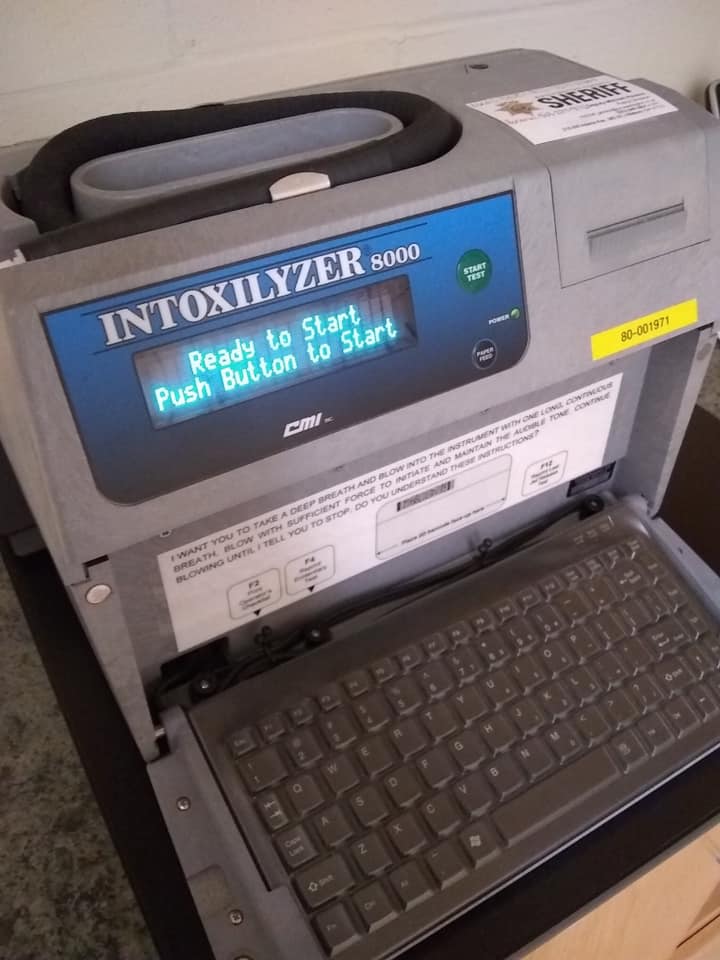It is not uncommon for police and prosecutors to get it wrong when it comes to DUI stops and arrests, especially when it comes to DUI refusals. People often confuse their right to refuse a breath test because they don’t know the difference between a Preliminary Alcohol Screening (PAS) test vs. a chemical test (like blood, urine, or breath test with a larger and more complex machine — not the small, hand-held devices officers carry in their vehicles). The law concerning DUI and DUI refusals can be incredibly complex but our DUI lawyer in Oakland can help understand them.
Penalties
While you do have the right to refuse the PAS test, according to our Oakland criminal defense lawyers, refusing the second test at the police station or the hospital can be detrimental with the DMV and result in having your license suspended for 1-year if it’s your first DUI, 2-years if It’s your second DUI, and even worse if you have multiple DUIs. If you are on probation for a previous DUI, then you must blow into the PAS test if it’s part of the terms of your probation or it will be considered a refusal with the DMV and cause your license to get suspended.
DMV Penalties vs. Court Penalties
The easiest way to understand the difference is by recognizing two things:
- The court and the DMV are two separate entities. In court, the District Attorney will look at your refusal and consider that in their negotiations with your defense lawyer. The DA may ask for more jail time, more DUI school, more court fines, attendance to AA meetings, and other penalties. The DMV is completely separate from the court and has the power to take away or reinstate your driving privileges. If the DMV finds your case is a refusal, they can suspend your license for several years.
- There are two different tests – the Preliminary Alcohol Screening test and the chemical test. The PAS test is the handheld device often carried in a police officer’s car. You have the right to refuse this test unless you are on probation from a previous DUI. The chemical test, which can be a blood test, urine test, or a breath test on a larger device (that usually is too big to carry in a police vehicle) cannot be refused without consequences from the DMV. When you signed up to get a California driver’s license you promised the DMV to submit to a chemical test if investigated for driving under the influence.
The chemical test, if done through a breathalyzer, is usually used at the local jail like Santa Rita jail, Glenn Dyer jail, the Martinez Detention Facility, or a local CHP office. This is especially true if you are pulled over on the San Francisco Bay Bridge or near the Ikea in Emeryville where the 80 and 580 freeways merge, towards Berkeley/Richmond.The chemical test can also be done with a blood draw in one of the local jails, or at a hospital if you are taken there after an accident or injury. If it is done by blood, it is usually done by a nurse or phlebotomist, not by the officer who arrested you.
How To Beat a Refusal Allegation
The best way to beat a refusal is to prove that the officer did not properly advise you on the consequences of refusing a test. The officer must explain to you that your driving privileges can be suspended if you refuse the test. An experienced criminal defense lawyer in Oakland will subpoena evidence like the officer’s body-worn camera, the dash camera footage of the police vehicle, and get that video transcribed so an attorney can analyze word for word what language was used to properly advise you.
Some of the common defenses include there being too much loud noise to understand the advisements or language barriers. Other things to consider that will not be helpful to your case are if you do not blow into the breathalyzer hard enough, if you are unable to give consent owing to unconsciousness, or if the reason you could not understand the required advisement is because of your own gross intoxication.
Refusing a Preliminary Test Can Get You Arrested
While you do have the right to refuse the first preliminary screening alcohol test, an officer often automatically arrests you so they can get a chemical test done as mentioned above. Some people don’t mind the arrest if they know they were intoxicated and strategically refuse the first test with hopes their alcohol level goes down and they sober up more before taking that second test.
Hiring an experienced criminal defense lawyer can help you get the case dismissed under the following circumstances:
- The officer should not have stopped you in the first place. The Fourth Amendment protects individuals against unlawful search and seizure. If it is found that there was insufficient reason for pulling you over, then your case will be dismissed.
- The officer did not inform you of your rights concerning the chemical test. Again, you do not have to take a breathalyzer. If the officer who stopped you insisted otherwise, then grounds may exist for charges to be dropped or the dismissal of your case.
As you can see, the law is not so straightforward when it comes to DUI and DUI refusals. There are plenty of built-in protections for individual rights, and there is enough opportunity to fight a bogus charge. With the right DUI lawyer, you can fight for an outcome that is favorable to you.
The silver lining is that even if you are charged with a DUI, often times you are eligible to clean it off your record so that it doesn’t haunt you when it comes to your career, reputation, and future. Call or contact Lamano Law Office to get a straightforward evaluation of your case.




